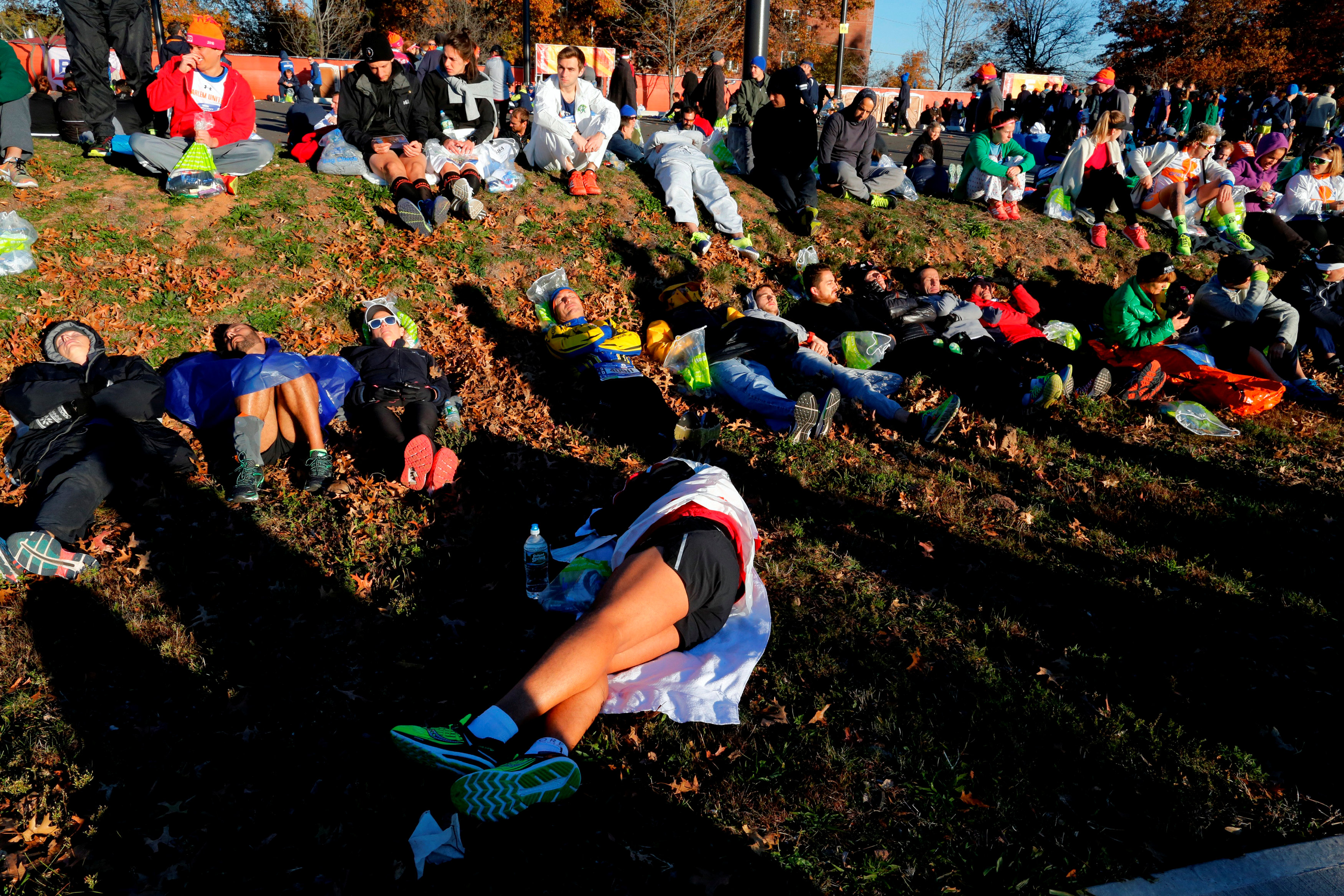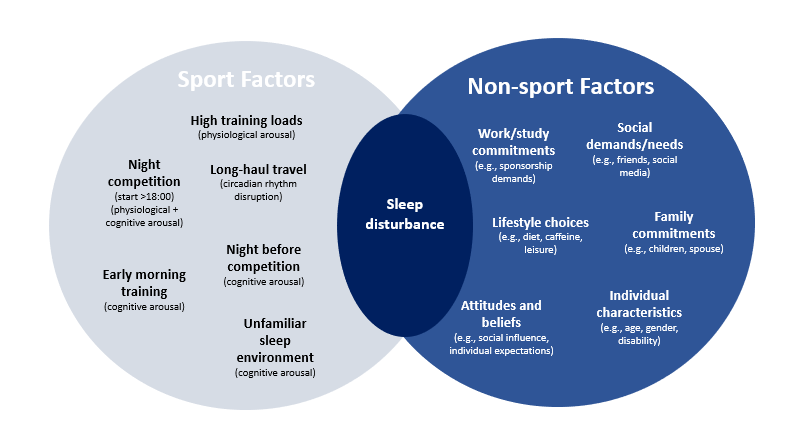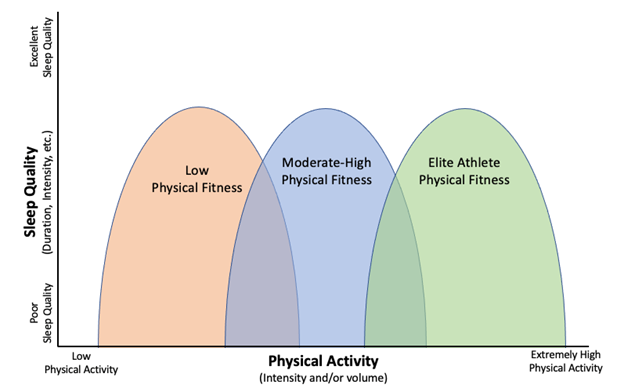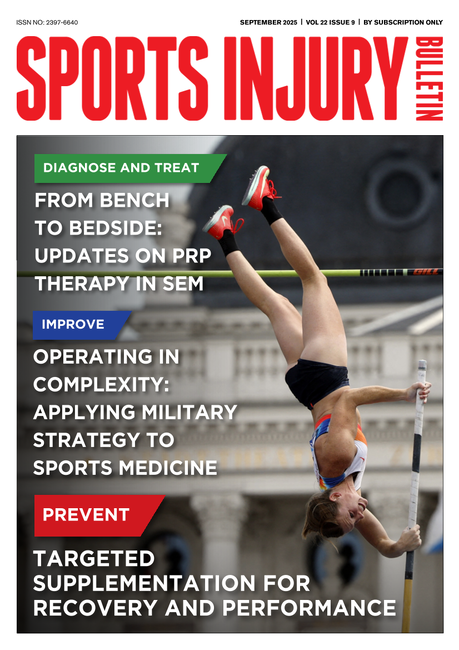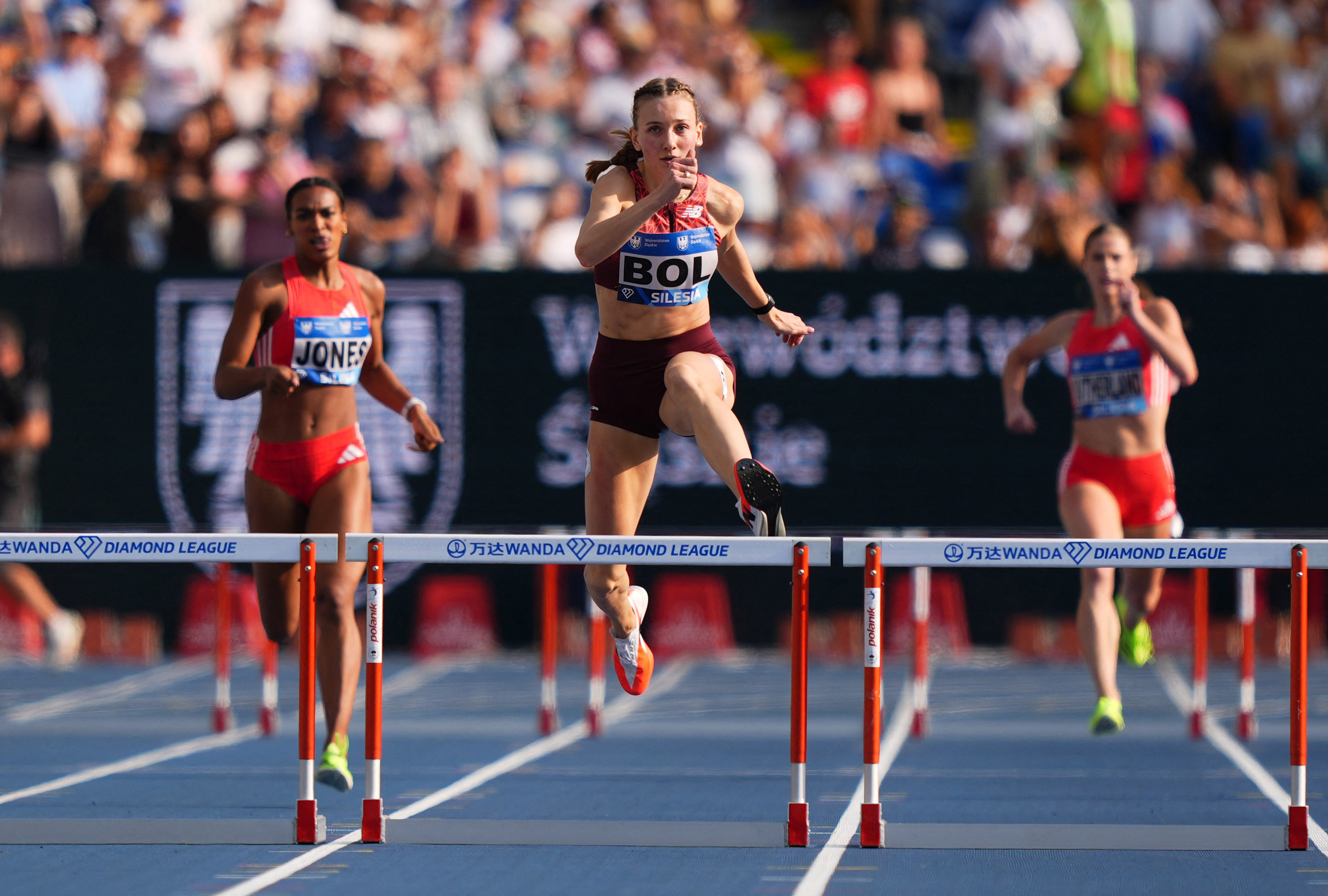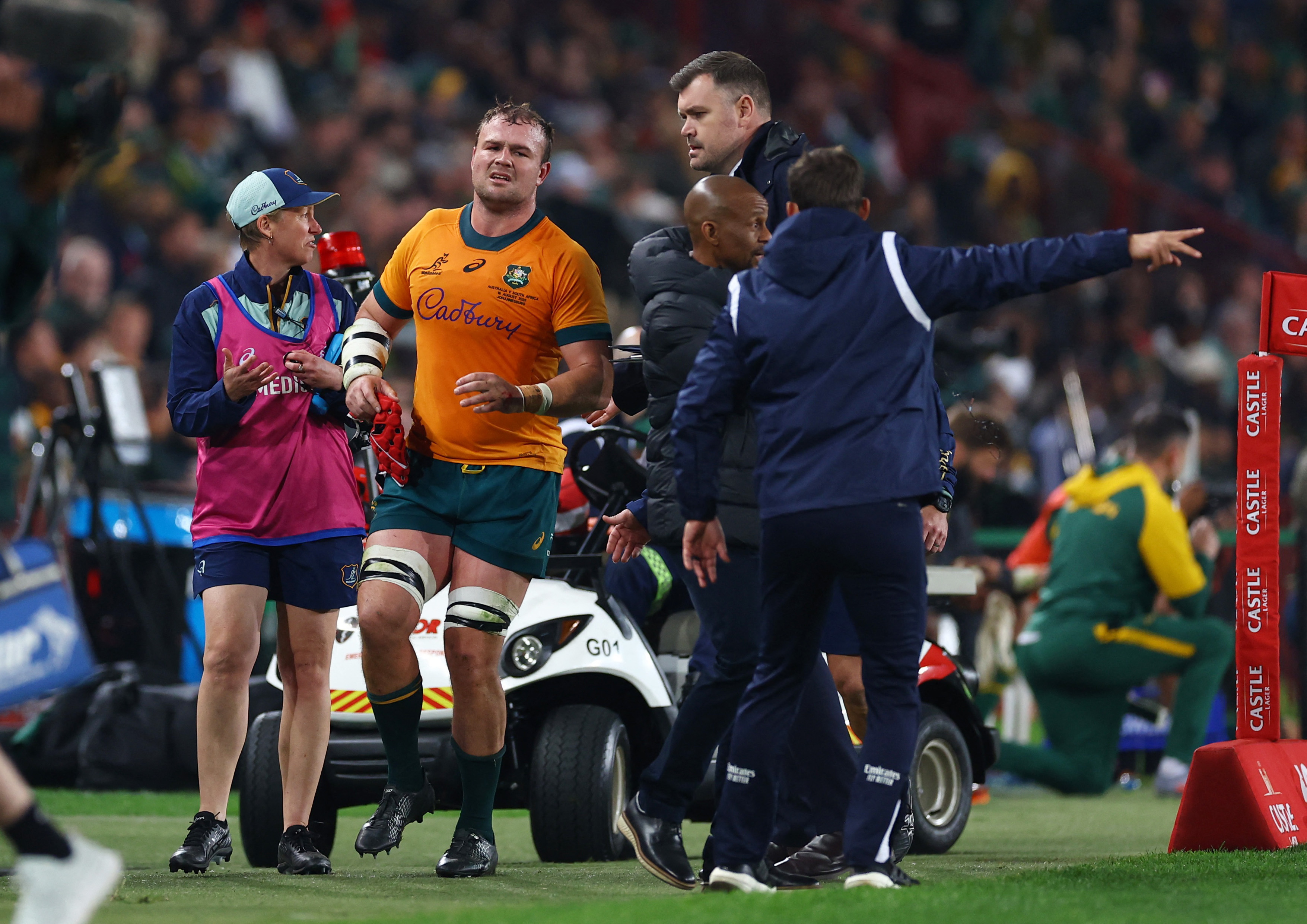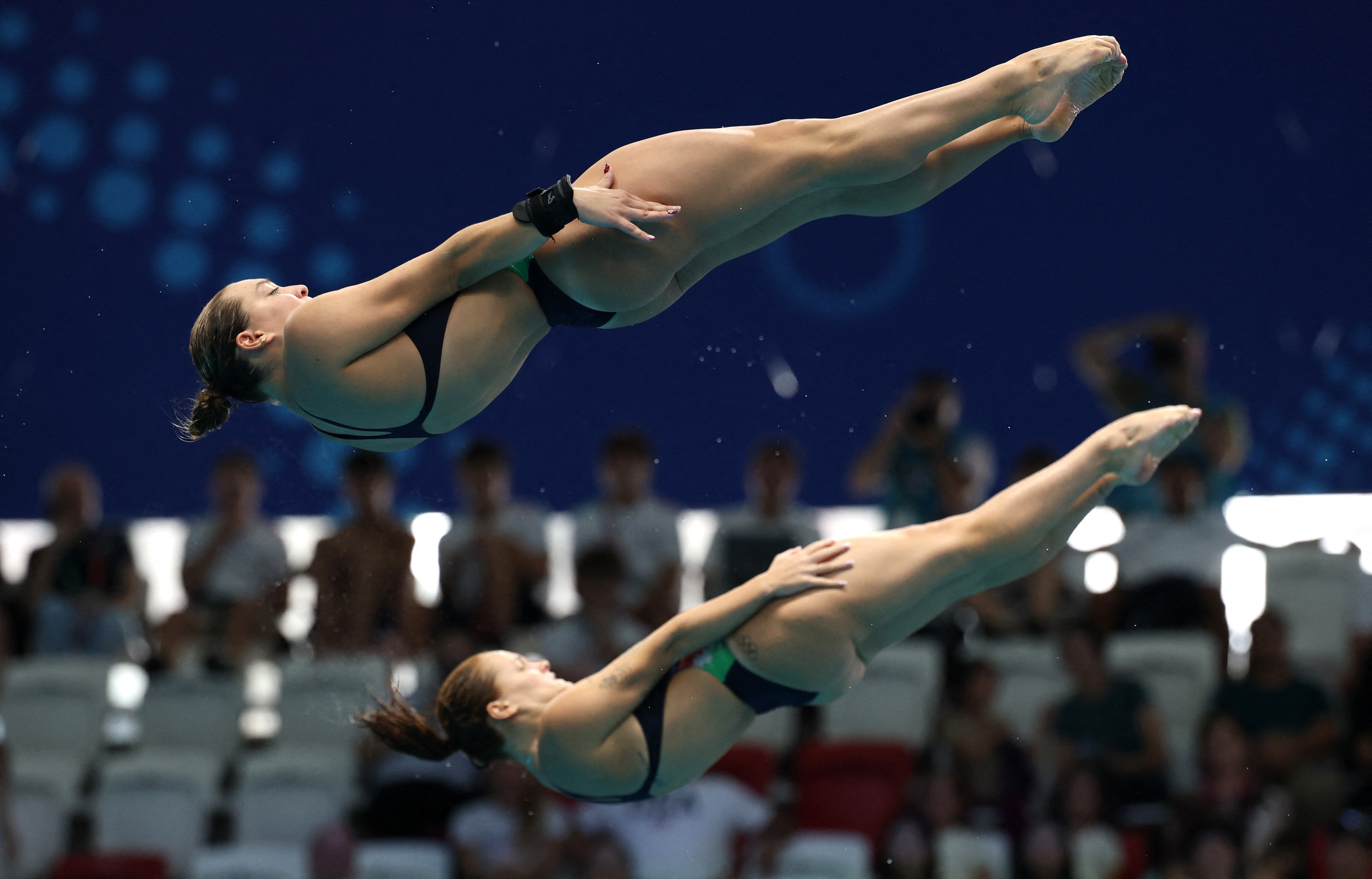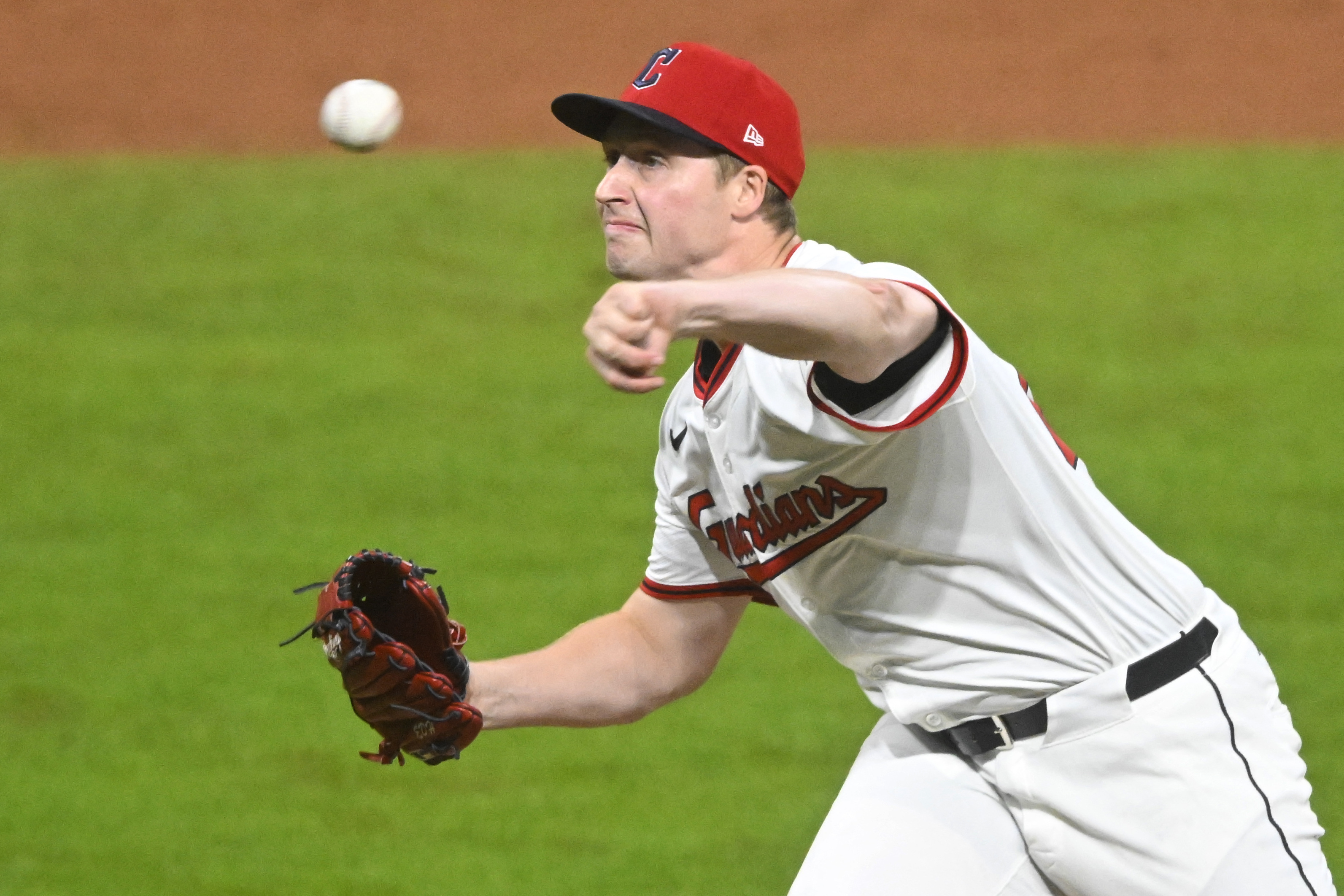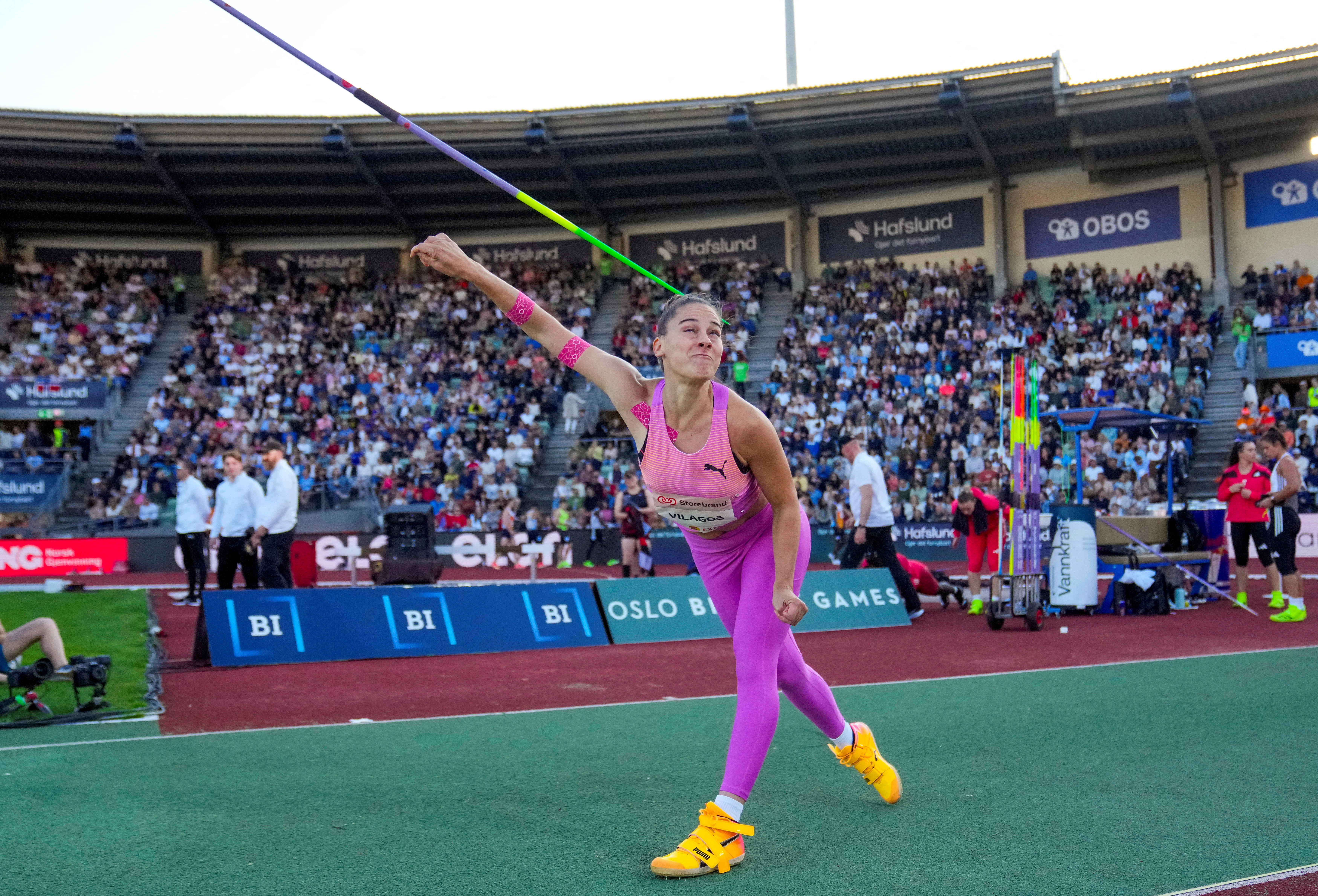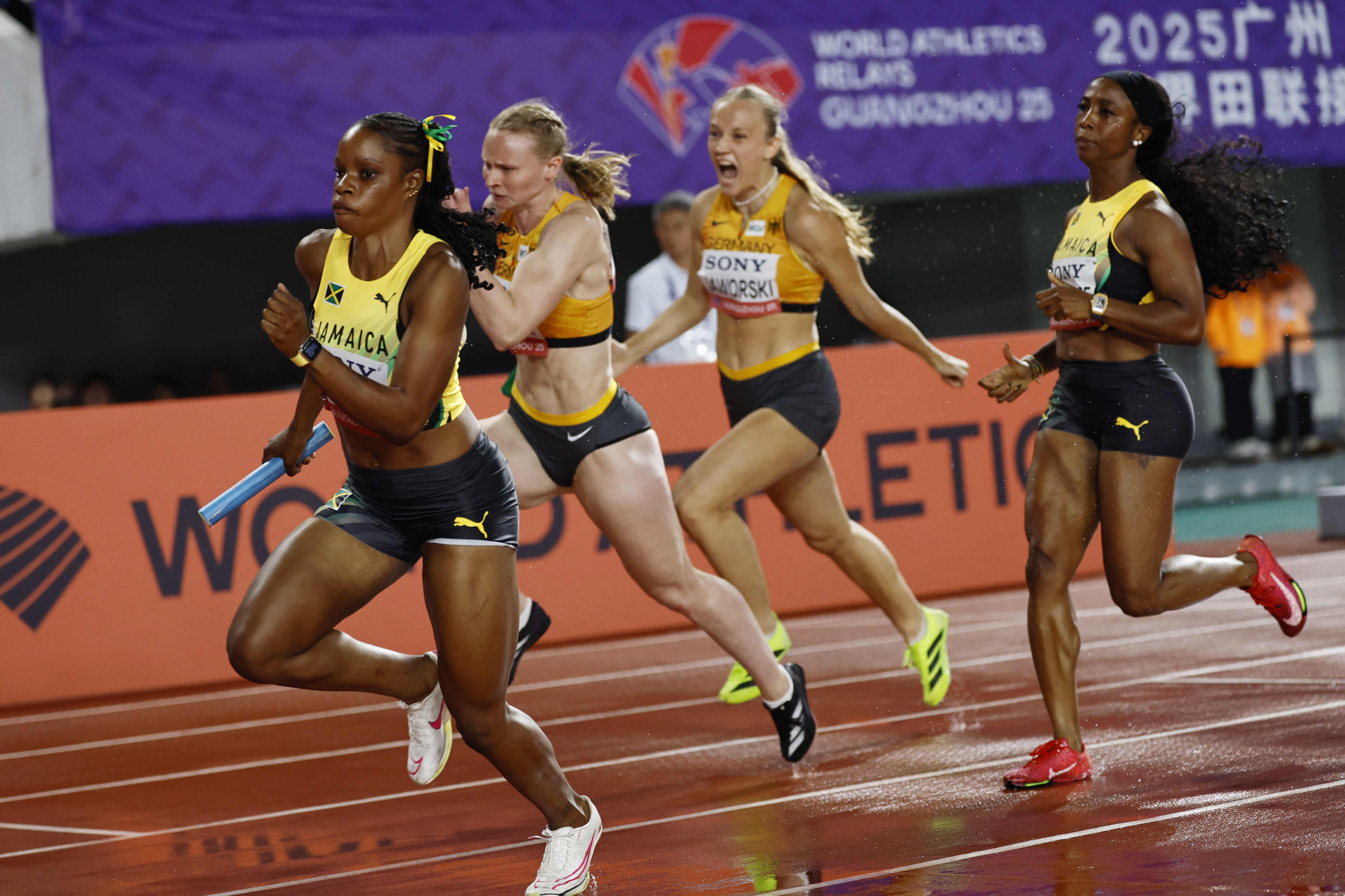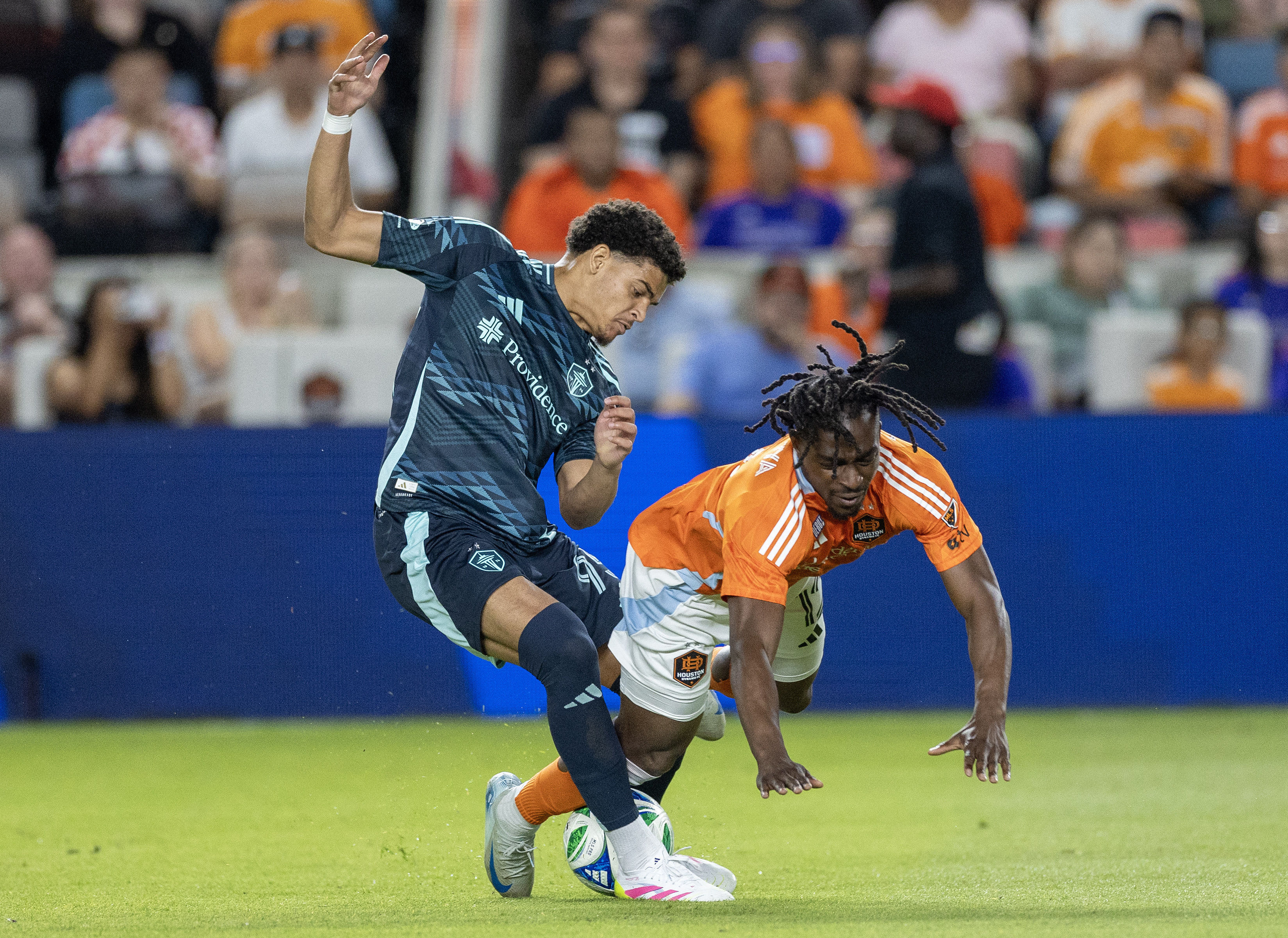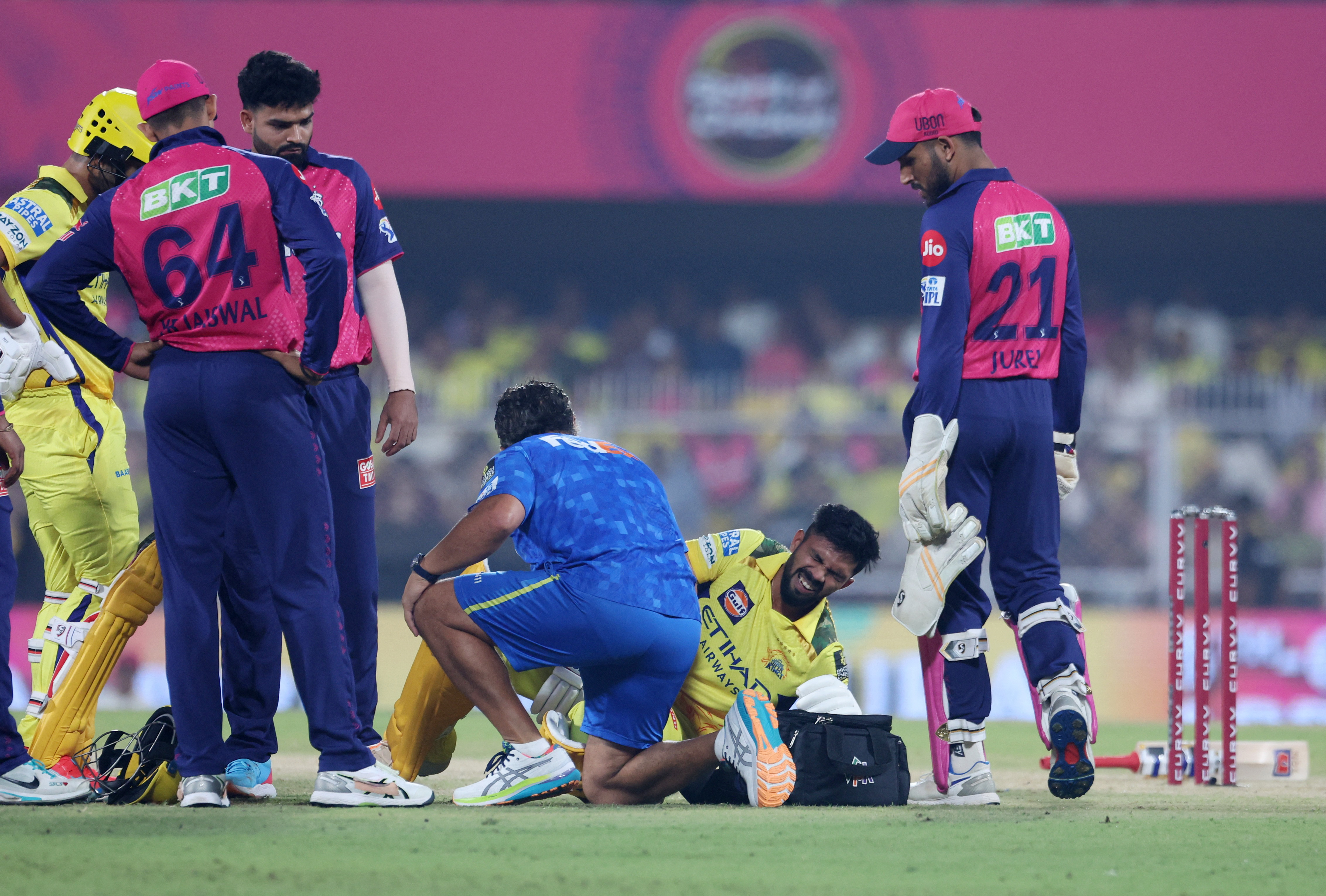No time to snooze: the athlete’s sleep paradox
Sleep is essential for athletic performance and recovery, affecting both cognitive and physical health. However, athletes continue to fall short of the sleep recommendations despite the well-established benefits. Nicolaas van Djik takes the covers off the athlete’s sleep paradox and provides new insights.
Runners sleep before competing in the 2016 New York City Marathon in the Manhattan borough of New York City, NY. REUTERS/Eduardo Munoz
The emotional and cognitive effects of sleep loss and the impact on performance are well understood. Sleep loss can impair sustained attention and response speed(1). Emotionally, feelings of depression, anger, and anxiety increase with sleep deprivation(2,3,4). Furthermore, the secretion of human growth hormone, necessary for physical health and performance, primarily occurs during sleep(1). Chronic sleep loss is also associated with diabetes, obesity, and cardiovascular disease(5,6,7).
Sleep deprivation can directly affect sports performance; for example, endurance athletes have noted increased perceived exertion due to a lack of sleep(8). Sleep deprivation also impacts fine motor performance as accuracy in dart-throwing and tennis decreases(9,10). In addition, athletes are more likely to report injuries when sleeping less than eight hours per night(11). However, the habits of athletes often fall short of the sleep recommendations. An individualized approach that considers an athlete’s perceived sleep needs is a novel but potentially more pragmatic approach to providing sleep recommendations(1).
Athlete Sleep Habits
Even though sleep is vital to sports performance, there is a high prevalence of sleep inadequacy among athletes, with 50-78% of elite athletes experiencing routine sleep disturbance(1). Inadequate sleep is chronic sleep durations of less than 7 hours, sleep dissatisfaction, increased time to fall asleep, and daytime fatigue.
Risk Factors for Sleep Disturbance
Sleep disturbance is a multifactorial issue resulting from both sport and non-sport factors (see figure 1). Training loads are an interesting risk factor as athletes maximize biological and skill adaptations through greater training frequency. Overtraining results in a long-term decrease in performance and occurs if training loads are too high(12). Physical activity is needed to improve sports performance, but performance gains may be lost when an athlete’s schedule infringes on their sleep.
The Athlete’s Sleep Paradox
Researchers at the University of British Columbia propose that the relationship between sleep quality and physical activity is an inverted U-shape based on the level of physical fitness (see figure 2)(13). Researchers at the Boston University in the USA show that increasing physical activity can improve sleep(14). However, as discussed above, too much physical activity can lead to overtraining. Thus, the complex balancing act provides athletes and clinicians with a conundrum.
Related Files
The inverted U-shape demonstrates that sleep quality suffers at the extremes of physical activity. However, an athlete’s physical fitness modulates the optimal midpoint. Therefore, as physical fitness increases, the optimal sleep quality midpoint also increases. Low physical activity is associated with poor sleep quality regardless of fitness level. However, the benefits of physical activity on sleep quality are positive until acute fatigue or overtraining occurs from too much physical activity. The ‘tipping point’ for acute fatigue and overtraining depends on an adult’s physical fitness level.
Assessing Sleep Quality and Quantity
The first step in understanding sleep disturbance is to measure the athlete’s sleep quality and quantity. Polysomnography, which records brain activity and oxygen levels, is the gold standard but is intrusive and difficult to use outside of a lab setting(1). Wearable activity monitors are more commonly used to track sleep; however, many are unreliable, with only 1 of 80 apps and devices validated in clinical trials(15). In addition, when using wearables, it is important to remember that these devices often overestimate sleep duration and underestimate the number of awakenings(16).
Subjective questionnaires, such as the Athlete Sleep Screening Questionnaire, are tools to identify sleep issues and develop solutions. These questionnaires are easy to complete and allow clinicians to address mild sleep problems by identifying areas of improvement for sleep. However, moderate to severe sleep problems may warrant a referral to a sleep specialist(1).
Interventions
Sleep guidelines recommend seven to nine hours per night for adults and eight to ten hours for adolescents. However, athletes may need more than this to fully recover, especially during periods with high training loads(17,18). Therefore, an individualized approach to address sleep issues is best for health and performance. Using sleep monitors or questionnaires, clinicians should strive to understand the specific needs of their athletes and provide education accordingly.
Coaches and clinicians can also mitigate sleep issues by tailoring training schedules. Avoiding early morning or late evening training times can help athletes get the necessary amount of continuous sleep. If training schedules do not allow for this, then daytime naps can supplement total sleep quantity. Sleep banking for at least one week before competition is another strategy to help when schedules impact sleep routines(1). Clinicians and athletes should use caution when using sleep monitors. Some athletes may become hyper-focused on the data, increasing cognitive arousal and resulting in worse sleep.
Tips for improving sleep hygiene(19).
- Go to sleep and wake up at a similar time each day to help set the natural biological clock.
- Avoid eating, working, or watching TV in bed.
- If you are unable to fall asleep within 20 minutes, leave your bed and return when sleepy.
- Develop a bedtime routine which may include reading or meditating.
- Avoid stimulating or stressful activities before bedtime.
- Avoid moderate to vigorous exercise before bedtime when possible.
- Avoid caffeine and alcohol for at least four hours before bedtime.
- Avoid unprescribed and over-the-counter sleeping pills.
- Make your sleeping environment comfortable and relaxing.
- Remove excess light and noise. Consider using earplugs, light-blocking curtains, or an eye mask.
- Keep the temperature at a cool, comfortable level.
- Stop using light-emitting electronics at least 30 minutes before bedtime, as blue light can disrupt melatonin production.
Conclusion
Inadequate sleep impairs sports performance and recovery. The physical activity-sleep relationship requires further investigation. Future research will need to reveal if and when a ‘tipping point’ exists and the amount of physical activity that negatively affects sleep. This is critical to understand the sleep recommendations for athletic success. Sleep disturbance is highly prevalent among athletes, and improvements in sleep quality and quantity will enhance performance. Clinicians should consider all factors when managing sleep behavior in athletes.
References
- Br J Sports Med. 2020 Nov:bjsports-2020-102025
- BMJ. 1989 Jan;298(6665):21–3
- Military Psychology. 2003 Jun; 16(3):163–81
- Sleep Med. 2007 Apr;8(3):215–21
- Diabetes Care. 2006 Mar;29(3):657-61
- Sleep. 2008 May;31(5):619–26
- Sleep. 2010 Aug;33(8):1037–42
- Sports Med. 2015 Feb;45(2):161–86
- Chronobiol Int. 2009 May;26(4):756–68
- Physiol Behav. 2013 Aug;120:93–6
- J Pediatr Orthop. 2014 Mar;34(2):129-33
- Med Sci Sports Exerc. 2013 Jan;45(1):186-205
- Br J Sports Med. 2021 Aug;55(16):887-888
- J Behav Med. 2015 Jun;38(3):427–49
- Chest. 2016 Sep;150(3):732-43
- Behav Sleep Med. 2015;13 Suppl 1:S4–38
- J Clin Sleep Med. 2015 Aug;11(8):931-52
- Strength Cond J. 2013 Oct; 35(5):43-7
- Phys Ther. 2017 Aug;97(8):826–36
Newsletter Sign Up
Subscriber Testimonials
Dr. Alexandra Fandetti-Robin, Back & Body Chiropractic
Elspeth Cowell MSCh DpodM SRCh HCPC reg
William Hunter, Nuffield Health
Newsletter Sign Up
Coaches Testimonials
Dr. Alexandra Fandetti-Robin, Back & Body Chiropractic
Elspeth Cowell MSCh DpodM SRCh HCPC reg
William Hunter, Nuffield Health
Be at the leading edge of sports injury management
Our international team of qualified experts (see above) spend hours poring over scores of technical journals and medical papers that even the most interested professionals don't have time to read.
For 17 years, we've helped hard-working physiotherapists and sports professionals like you, overwhelmed by the vast amount of new research, bring science to their treatment. Sports Injury Bulletin is the ideal resource for practitioners too busy to cull through all the monthly journals to find meaningful and applicable studies.
*includes 3 coaching manuals
Get Inspired
All the latest techniques and approaches
Sports Injury Bulletin brings together a worldwide panel of experts – including physiotherapists, doctors, researchers and sports scientists. Together we deliver everything you need to help your clients avoid – or recover as quickly as possible from – injuries.
We strip away the scientific jargon and deliver you easy-to-follow training exercises, nutrition tips, psychological strategies and recovery programmes and exercises in plain English.
